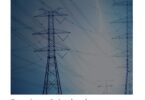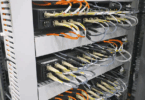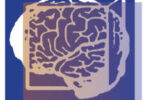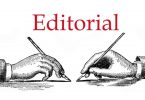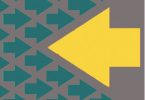By Marco C. Janssen, UTInnovation, the Netherlands
I truly believe in the positive potential and impact of digital tools on the quality of our lives yet I am also not blind to the risks these tools can pose to the survival of the human race.
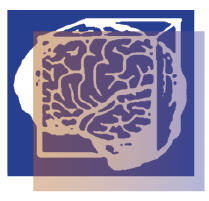
You may think, here is another column about the benefits and the dangers of AI for humanity. Although I could fill a few paragraphs with why AI is so great yet so dangerous at the same time, this is not going to be one of these columns.
I recently came across an article in Time Magazine highlighting a study done by MIT on the impact of ChatGPT on our thinking skills. The article highlights findings that indicate that the use of AI tools like ChatGPT may be eroding our critical thinking skills.
The research done shows that after using ChatGPT a specific group of users had the lowest brain engagement and “consistently underperformed at neural, linguistic, and behavioral levels.” The article further states that over the course of several months, ChatGPT users got lazier with each subsequent task, often resorting to copy-and-paste by the end of the study. Although the group size used for this research was small, the findings indicate that our powerful capacity to reason, analyze and think is at risk.
This may come as a surprise, but we have already witnessed a similar effect after the introduction of the Internet and more importantly the availability of search engines to search and browse almost endless sources of information. The introduction of the internet and search engines has led to a mentality shift in people, including myself, to no longer properly research and question the information we get presented.
We simply assume that most of what we read online is true and we have become masters at copying and pasting data found online into our articles, papers, books, and social media chats.
Of course, the increased access to information has led to democratization of knowledge as it allows us to find virtually any topic from various sources worldwide and have much faster access to news. However, at the same time we see a strong amplification of misinformation due to the exposure to unreliable sources and to areas where little credible information exists, leaving search results vulnerable to manipulation.
In addition, we are often drawn to sensational headlines or information confirming to our existing beliefs. The most important impact for me however is that the ease of finding information online leads to a weakening of critical thinking skills as we tend to demonstrate shallower engagement with content and reducing the motivation to think critically or research independently. The latter now seems to be even further enhanced by the use of AI tools as we easily fall into the “it’s much easier and faster” trap.
Of course, after reading this column there will be people arguing that not everyone will fall into this trap and that not everyone will be impacted by AI the way the study suggests, but that is not the point here. I personally have already witnessed how our social skills are diminishing and how populist one-liners and conspiracy theories that have been proven to be incorrect have engulfed our world. The geopolitical landscape today is highly influenced by this kind of behavior, and I do not feel that earth has become a better and safer place because of it.
Do I have a solution? No, I do not have a solution that is like a cookbook recipe. However, I do think that a solution to the potential risks of the internet, search engines and AI tools is to start with the way we educate our society. We can teach people to focus on using their reasoning, analysis and critical thinking skills in everyday life and show them transparently what the impact of the digital revolution is on us as humans.
We simply have to retrain common sense in people. If it sounds far-fetched, if there is other information that points at different conclusions, if the source of information is not transparent and does not seem reliable then think again…
I truly believe in the positive potential and impact of digital tools on the quality of our lives yet I am also not blind to the risks these tools can pose to the survival of the human race. This column is published under the header “I think” and I strongly suggest we all keep thinking and remain critical about everything we read, see and hear.
Biography:
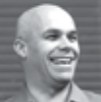
Marco C. Janssen is the CEO of UTInnovation and the former VP of Operational Excellence at TAQA, Digital Grid Leader for Latin America at EY and Director of the Smart Grid PMO at DEWA. He received his BSc degree in Electrical Engineering from the Polytechnic in Arnhem, Netherlands and has worked for over 33 years in the field of Power and Water O&M, Digital Transformation, Protection, AMI and Distribution and Substation Automation. He was a member of IEC TC57 WG 10, 17, 18, 19, the IEEE PES PSRC and CIGRE B5 and D2 WGs. He was the convenor of D2.35 and editor of the Quality Assurance Program for the Testing Subcommittee of the UCA International Users Group. He holds one patent, is the author of the book titled “Recreating the Power Grid”, has authored more than 53 papers, is co-author of 4 Cigre Technical Brochures and 2 books on SmartGrids and Electrical Power Substations Engineering and is the author of the “I Think” column in the PAC World magazine.



